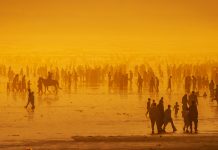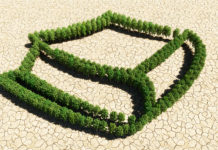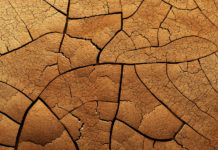Tag: environment
The risks of discussions about saving the world
Concern for the planet's climate and its ecology has occupied the world's attention for many decades. In the 1980s, the ozone layer depletion caused by chlorofluorocarbons and similar gases was observed, and in 1987, the Montreal Protocol was finalised.
What is stewardship?
The smell of burning food filled my tiny kitchen. “What's that smell?” I asked a friend who was sharing my house for the week. Every young man knows the smell, familiar from an early age—your first acquaintance comes from burnt toast and camping trips where, after burning everything you tried to cook, you end up eating your baked beans straight from the can.
The city that decided to be green 20 years earlier than the rest of Europe
Although the "Climate Emergency Declaration" was adopted by the European Parliament as a symbolic act, more and more countries, and even cities, began to take the issue seriously. On December 18th 2019, the Munich city council declared a climate emergency, and the municipality said it intended to reach climate neutrality by 2035.
Why should Christians care about the environment?
“Science and religion are two of the most potent forces on Earth and they should come together to save the creation.” (Harvard Wilson)
What does the Bible say about climate change?
During the COVID-19 lockdown last year, I lived with some messy people. I’d moved into a house that I shared with a wonderful couple of brothers. They were almost everything you could ask for in a set of housemates. Friendly, funny, respectful of your privacy . . . genuinely great people in almost every respect.
The IPCC report: How real is the “code red for humanity”?
The Intergovernmental Panel on Climate Change (IPCC), the United Nations body for assessing the science related to climate change, has published its latest assessment of climate change in a report referred to by the UN Secretary-General as a "code red for humanity".
What we lost when we gave up the land
In the early 1900s, the average American farmer could produce enough food to feed a family of five. Today, an American farmer can feed his own family, and roughly another 100 people. Despite this, we are at risk of encountering the impossibility of feeding a growing population on a global scale. How has it come to this, and what should we do to save ourselves before it is too late?


















